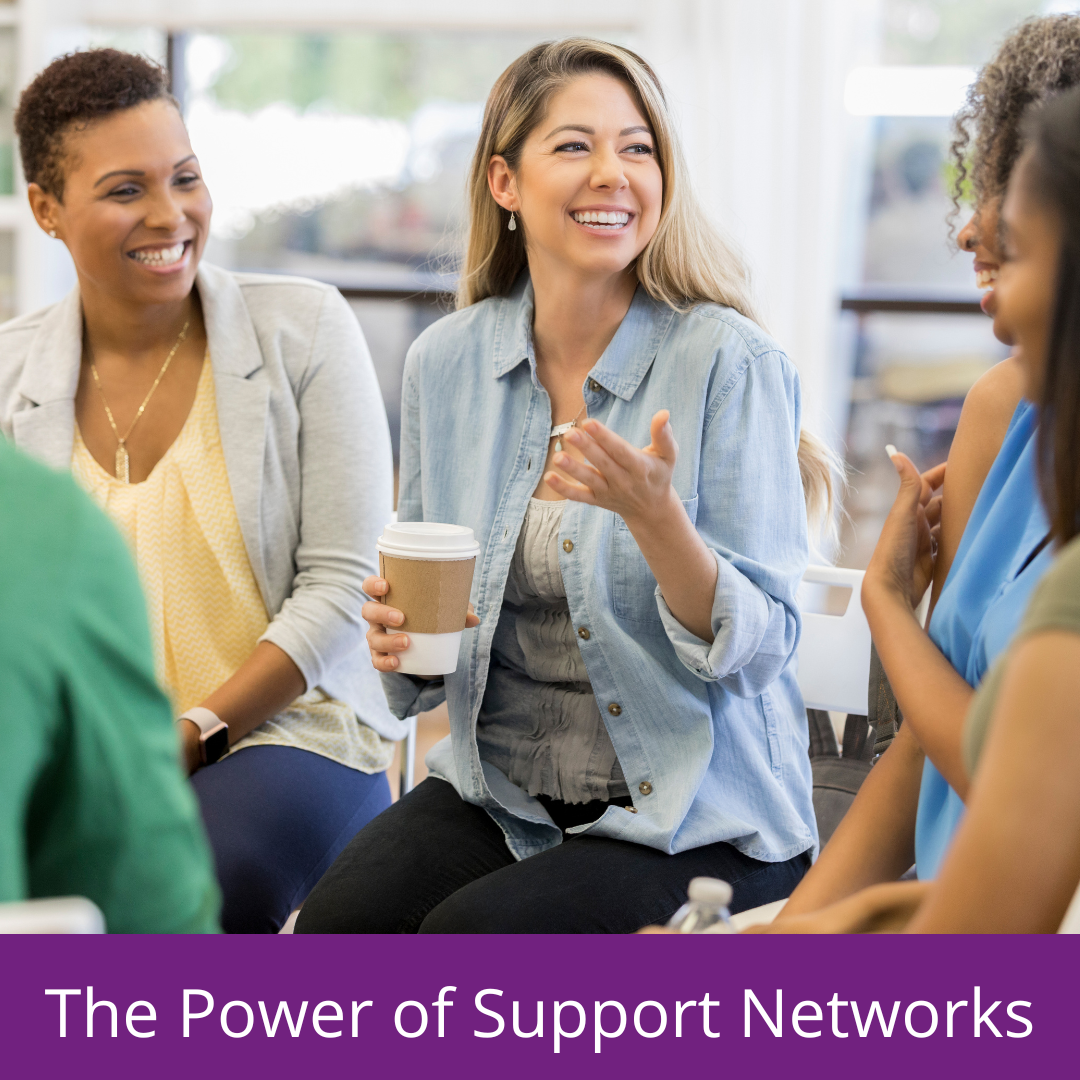AWE had the opportunity to catch up with Elaine Broe, an inspiring woman entrepreneur whose expertise has taken her to incredible heights. Over the years, she’s cultivated an extensive consulting practice, eventually culminating into a creative solution-oriented business called The Leadership Collaboratory. The primary focus of her business is to partner with organizations and individuals to develop purposeful, transformative leadership that can evolve with our ever-changing world.
Elaine Broe Leadership & Learning Experiences has been around for eight years, and in that time the company has taken on a diverse list of projects and opportunities. “In one week, I might be coaching leaders, then I’m working with an in-company client to develop a tailored learning experience for their people. Some of my clients describe me as a triple threat. I'm a facilitator, an executive coach, and an experience designer.” Elaine appreciates the variety she gets through her role.
While some people have always dreamt of becoming entrepreneurs, that wasn’t the case for Elaine. She didn’t originally start her business to be her own boss, but because she wanted to focus on doing the work that she loved, and in her own terms. After working in the leadership development and adult learning space for over 20 years, it got to a point where the work she was doing as an employee was missing what she loved.
The usual thoughts of “what if I fail?” did cross Elaine’s mind, but she instead chose to focus on the possibility of her endeavor into entrepreneurship being a success. “It's funny, as entrepreneurs we have the innate ability to constantly imagine the worst-case scenario. When we go out on our own, we think, what if we fail? As we consider our options a rare few of us think; what happens if I'm extraordinarily successful? How will I manage that? How will I juggle all these clients? We don't consider it. Choosing to be an entrepreneur can be a really fascinating leap and I'm glad I took it.”
In the beginning of COVID-19 here in Alberta, Elaine’s business came to a screeching halt for three months. Many entrepreneurs were forced to hit the ground running to implement the changes needed to respond to the pandemic, which involved a lot of agility and making very difficult decisions. Elaine recognized that for her it was important to take this time to recover from the pace that she’s been operating at. “The pandemic brought a bizarre relief. When you think about it, requiring a pandemic to give yourself a break—and I know that I'm not the only one —is mildly terrifying when you think of how we approach work in North America.”
A small part of the reason why Elaine decided to take a break during the earlier months of the pandemic was that there wasn't any funding available for her type of business. For Elaine, that support didn't surface until August, through Alberta Women Entrepreneurs’ Regional Relief and Recovery Fund. “The loans helped me set up the technology that I needed, and to invest in new platforms and create online programming that I was proud of. The pandemic helped me reinvent my business and myself.” When Elaine received her funding, she quickly realized that she needed a mindset shift to make the most out of this opportunity to scale and evolve her business.
“With the Alberta Women Entrepreneurs team, they had my back right from the start. The first six months of the pandemic were really challenging. After our initial interaction, I knew that this wasn't just a transaction, it was about the relationship. In a pandemic, any entrepreneur can learn from this organization. It’s about relationships. AWE set the stage for our partnership in how quickly they replied to my questions and their patience as I learned how to provide the reports and back-up that was needed. “
The past year has taught us many lessons, many of which we hope to apply as we are in the road to recovery. What stood out the most for Elaine is the care and nurturing that is required of a leader to be able to care and nurture for their people and for their business. “Honestly, I do not have a “ramp up” mentality right now. I am so fortunate that it's been a very busy year and I don't want to end up in the same spot that I did on March 13, 2020. I'm getting selective about my work over the next six months.” Elaine highlights the importance of learning from the pandemic and trying to avoid slipping back to pre-pandemic habits. “One of the lessons I keep having to relearn over and over, is that prioritizing yourself is prioritizing your business.”
Elaine has some profound advice for entrepreneurs as we continue to navigate the new normal. “Continue to be in the dance. This last year and a half, for many of us, the playlist was not something we wanted to listen to. We didn’t know the dance steps. We wanted the party to end. We were not having fun. I love the metaphor of a dance, thinking of this as being in flow, rather than a push and a pull. That dance of trust with ourselves, with the systems at play, changing policies and rules; the dance with our clients as they figure out what they need; and the dance with our businesses and our teams where we hopefully create space to evolve, without needing a pandemic as the catalyst.”





















